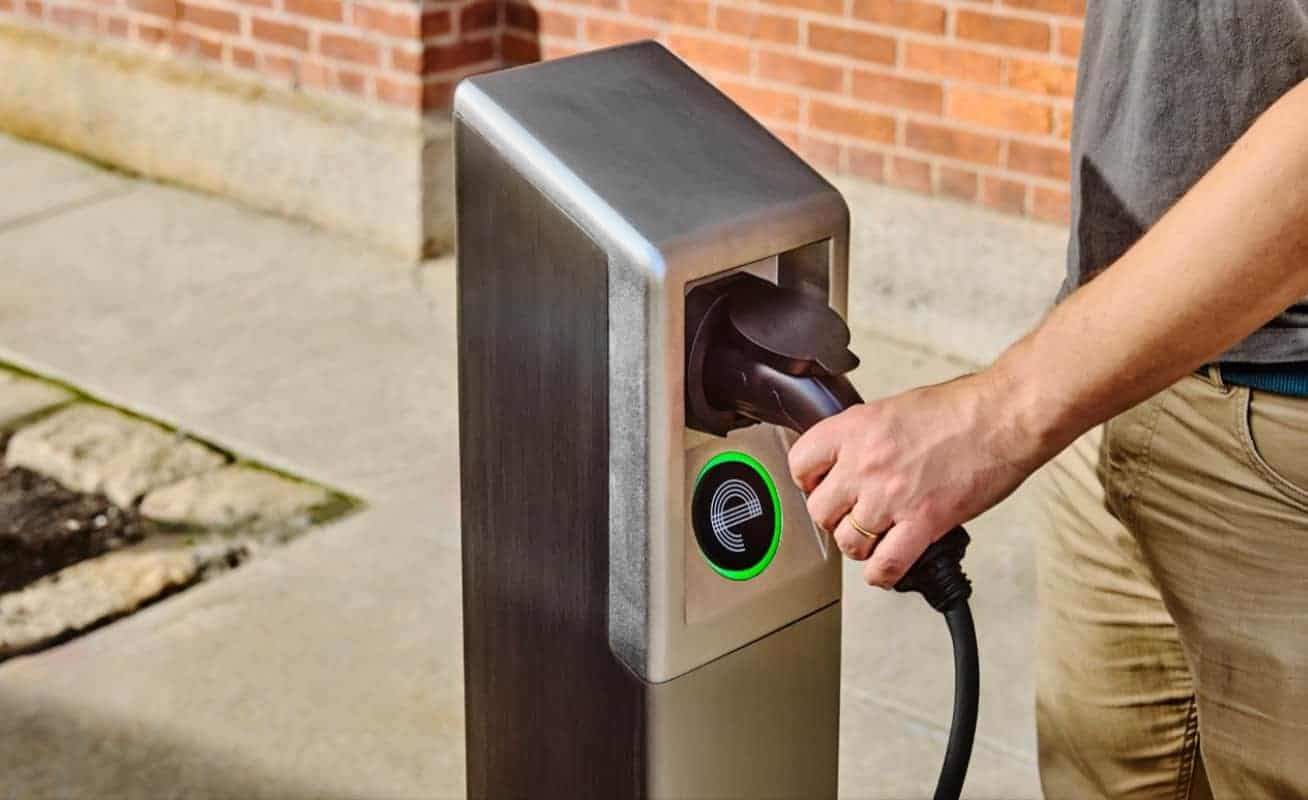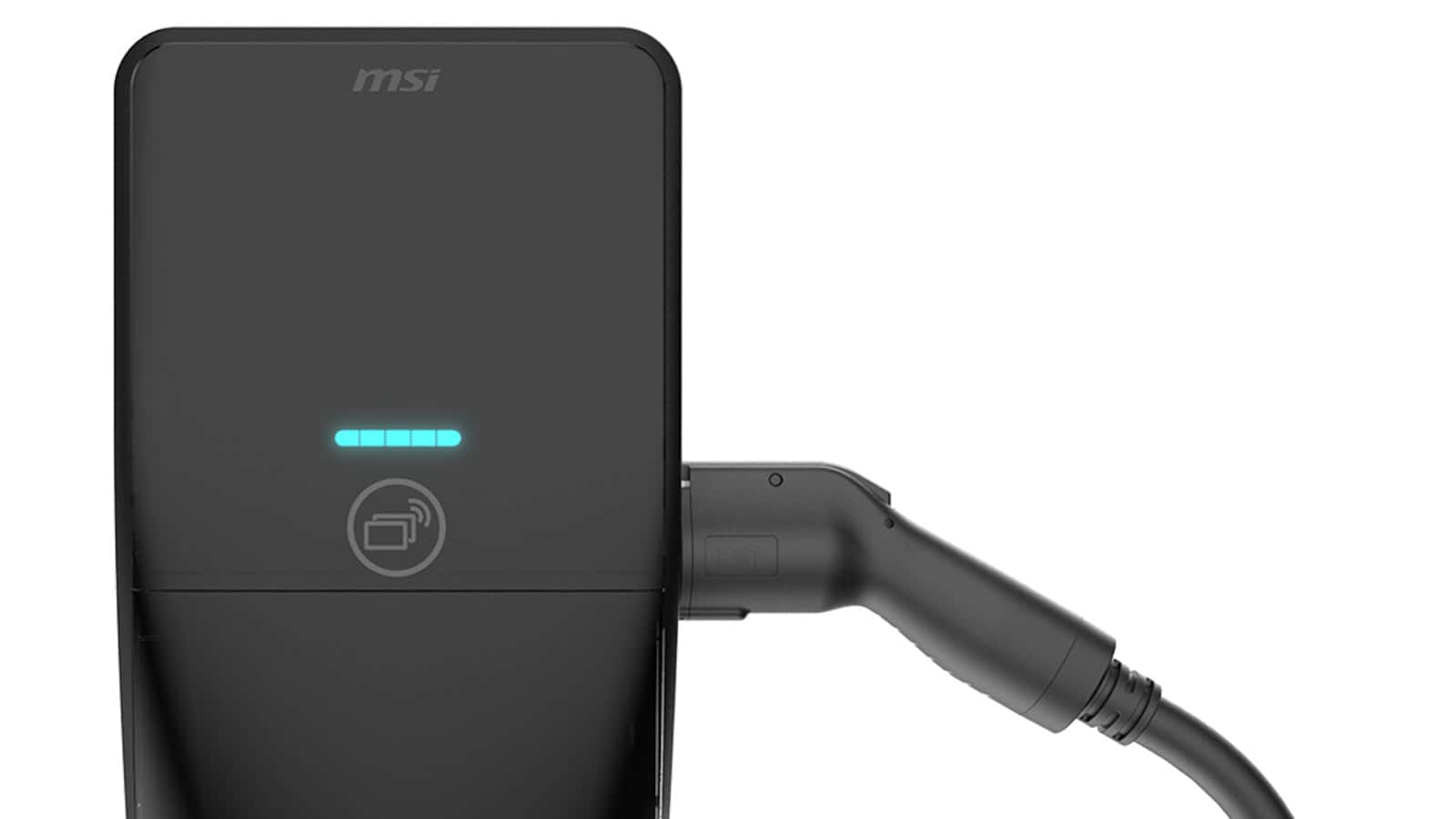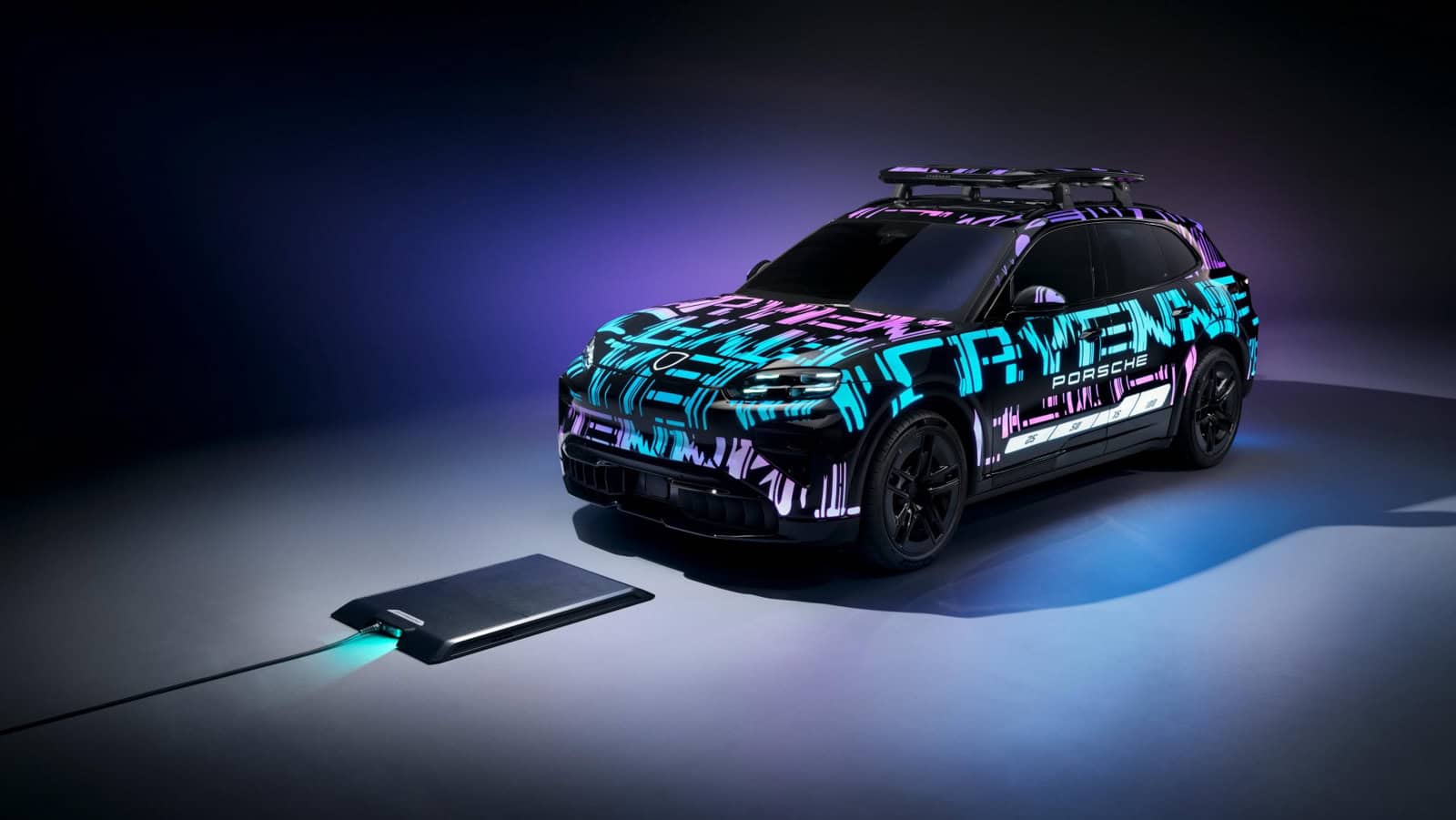- Shell is divesting 500 company-owned retail sites annually in 2024 and 2025 to upgrade its network with low-carbon fuels and EV charging.
- Shell plans to expand its EV charging business, increasing public charge points from 54,000 to about 200,000 by 2030, focusing on markets like China and Europe.
- Prioritizing public charging, Shell aims to leverage its global service station network to enhance the EV charging experience for customers.
Shell has published its Energy Transition Strategy report, outlining ambitious plans to reshape its retail network and propel the adoption of electric vehicles (EVs). As part of this strategy, Shell intends to divest 500 company-owned retail sites annually in 2024 and 2025, channeling resources towards upgrading its retail infrastructure with a strong emphasis on low-carbon fuels and EV charging.
ADVERTISEMENT
The decision to divest aligns with Shell’s commitment to focus on markets that meet its stringent investment criteria, particularly in regions like China, Europe, and the United States, where demand for EV infrastructure is on the rise. By strategically reducing its presence in other markets, Shell intends to reallocate resources towards strengthening its EV charging business, responding to the evolving needs of consumers.
The report indicates that Shell is preparing for a substantial expansion of its electric vehicle charging network, with plans to increase the number of public charge points from 54,000 to approximately 200,000 by 2030. This expansion reinforces Shell’s dedication to providing customers with convenient charging solutions, especially in high-demand markets such as China and Europe.

“We are upgrading our retail network, with expanded electric vehicle charging and convenience offers, in response to changing customer needs. In total, we plan to divest around 500 Shell-owned sites (including joint ventures) a year in 2024 and 2025,” Shell mentioned in the report. “We are growing our premium lubricants portfolio to supply key energy transition sectors such as transformer oils used for offshore wind parks, and cooling fluids to support the development of electric vehicle car batteries.”
Shell’s weight on public charging stems from its belief that this infrastructure will play a pivotal role in shaping the future of mobility. By concentrating efforts on public charging rather than home charging, Shell addresses the broader needs of consumers and accelerates the transition towards electric mobility.
ADVERTISEMENT
“We are focusing on public charging, rather than home charging, because we believe it will be needed most by our customers. We have a major competitive advantage in terms of locations, as our global network of service stations is one of the largest in the world,” explained Shell in its report. “We have other competitive advantages, such as our convenience retail offering which allows us to offer our customers coffee, food and other convenience items as they charge their cars. As we grow our business offering charging for electric vehicles, we expect an internal rate of return of 12% or higher.”
The move towards EV charging is part of Shell’s larger strategy for expanding its retail operations, particularly in the United States. Just last month, Shell acquired the retail division of Brewer Oil Company, acquiring 45 fuel and convenience store sites in New Mexico. This action highlights Shell’s dedication to fortifying its retail presence while concurrently advancing its energy transition agenda.

In March 2023, Shell’s acquisition of Volta Inc. in the USA was finalized. They currently manage one of the nation’s largest public electric vehicle charging networks, featuring over 3,000 charge points spanning 31 states, with an additional 3,400 charge points in development.
With a significant investment of $2.3 billion in producing non-energy products last year, including its convenience store network, Shell is focussed to lead the charge towards a sustainable energy future.
ADVERTISEMENT

IMAGES: SZABOLCS TOTH, SAAD ALAWI, ETHAN TU
FTC: We use income-earning auto affiliate links. Learn more.












One Response
What’s the price for charging?